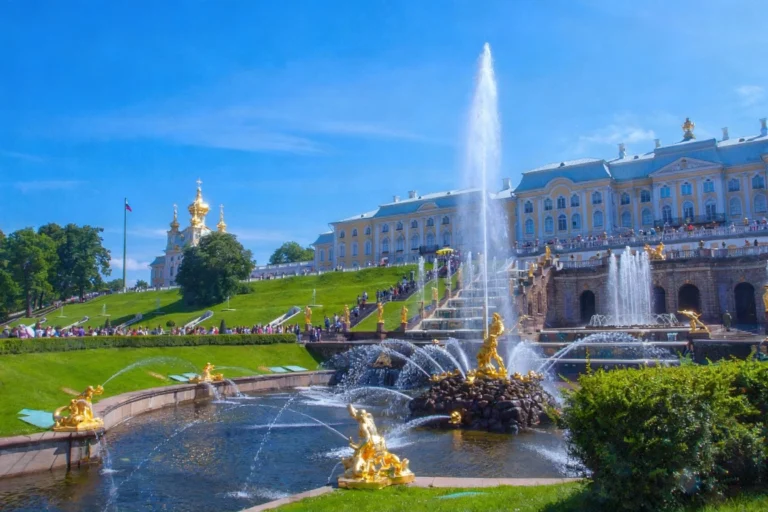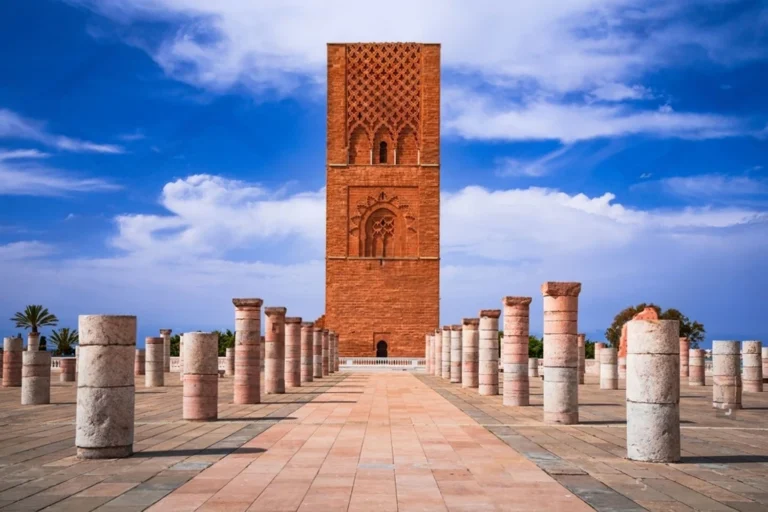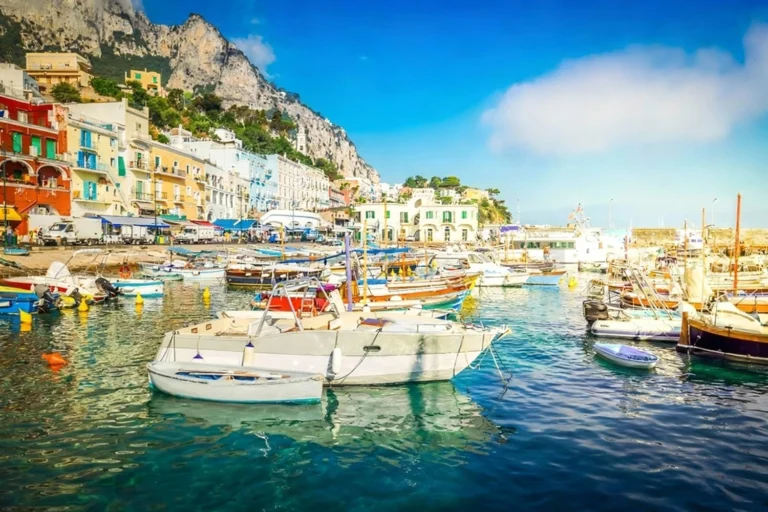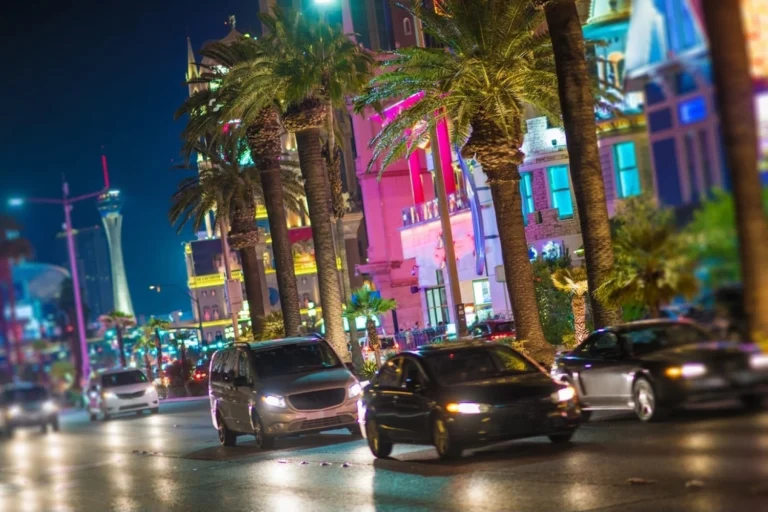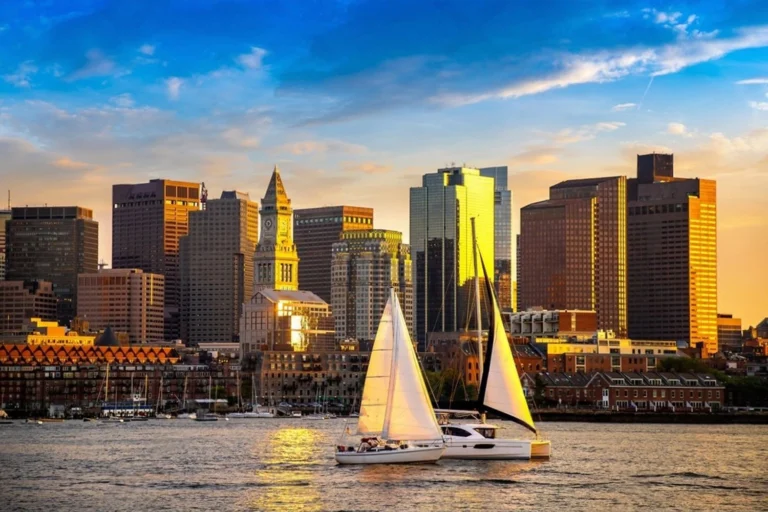Berlin: 30 Surprising Stories Behind the City’s Chaos
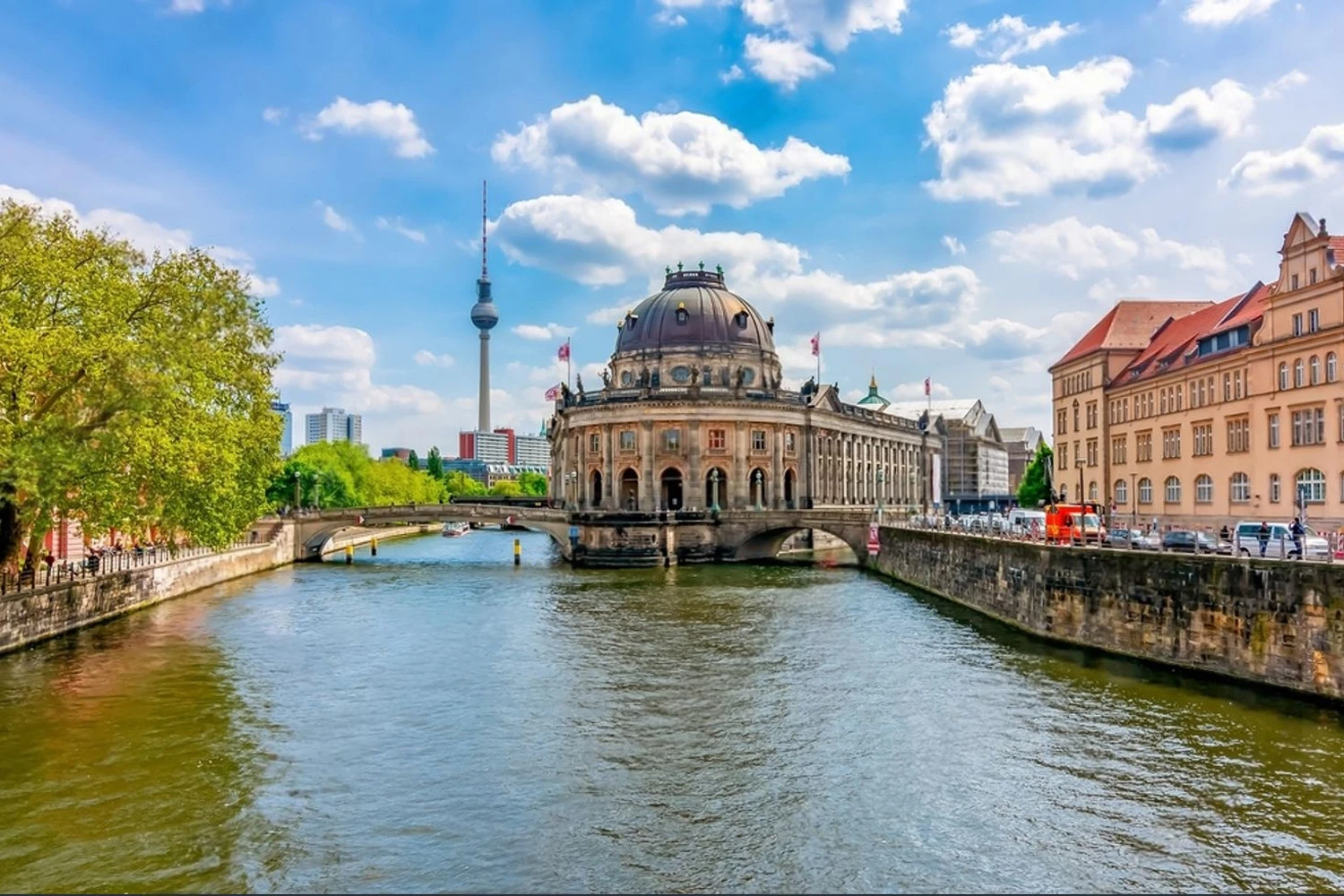
In Berlin, the familiar gives way to something quieter, a place that feels like a book with soft pencil notes in the margins. Morning smells of rain on stone and coffee, footsteps tapping on damp cobbles while a tram bell rings, quick and bright. In narrow courtyards and along scuffed doorways, small gestures a borrowed smile, a faded sticker, a window left ajar suggest lives unfolding just out of sight. As I wander, overlooked details begin to link together, and a deeper spirit emerges beyond the postcard surface.
From swamp roots to a beloved city bear
I always smile when a city winks at its own name. This one likely bubbled up from a Slavic word for swamp, yet locals didn’t flinch they leaned into the sound and heard “Bear lin,” then welcomed a shaggy mascot with good humor. There’s something tender in that, turning soggy beginnings into a creature with pride, like wearing a private joke as a warm scarf in winter.
In Berlin, I started noticing bears everywhere bronze paws on old doorways, a painted grin on a corner kiosk, even the city seal peeking from manhole covers after rain. The air smelled of wet stone and coffee, trams humming along. That bear feels less like branding and more like a promise: this is a place that turns mud into meaning, sturdy and a little playful at once, offering you a paw and a laugh as you wander on.
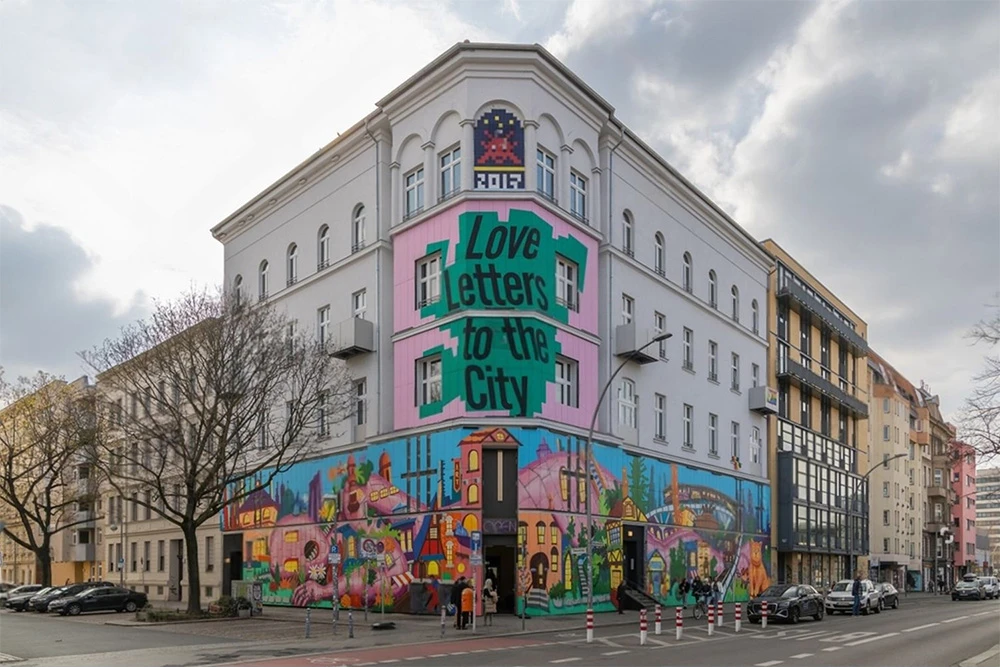
A hill of rubble with ears for history
It’s funny how a hill can feel like a confession. On Teufelsberg the city’s highest rise there’s a whole school sealed below, a Nazi military academy smothered beneath something like seventy five million cubic meters of rubble. I remember the wind carrying a scent of pine and dust, and the ground crackling underfoot, the past heavy but strangely hopeful.
During the Cold War they crowned it with white, weathered domes, a listening station tuned to whispers from across a divided continent like a giant ear pressed to the horizon. What gets me is how a place once meant for harm was buried, then turned into vigilance; standing there, you sense how memory can become responsibility.
A stolen goddess returns with an eastward stare
I love how cities let their monuments hold grudges. Atop the Brandenburg Gate, the bronze horses stand still, the charioteer calm, greened by weather and the low hum of the square. Someone once told me Napoleon carted the statue off to Paris like a trophy, and years later it came home again.
When the Prussians set it back above the gate, they turned it east, a quiet bit of payback that feels almost playful. In Berlin, I realized how much pride can fit inside a tiny decision like that a simple direction that keeps the whole story present for anyone who look up long enough to notice.
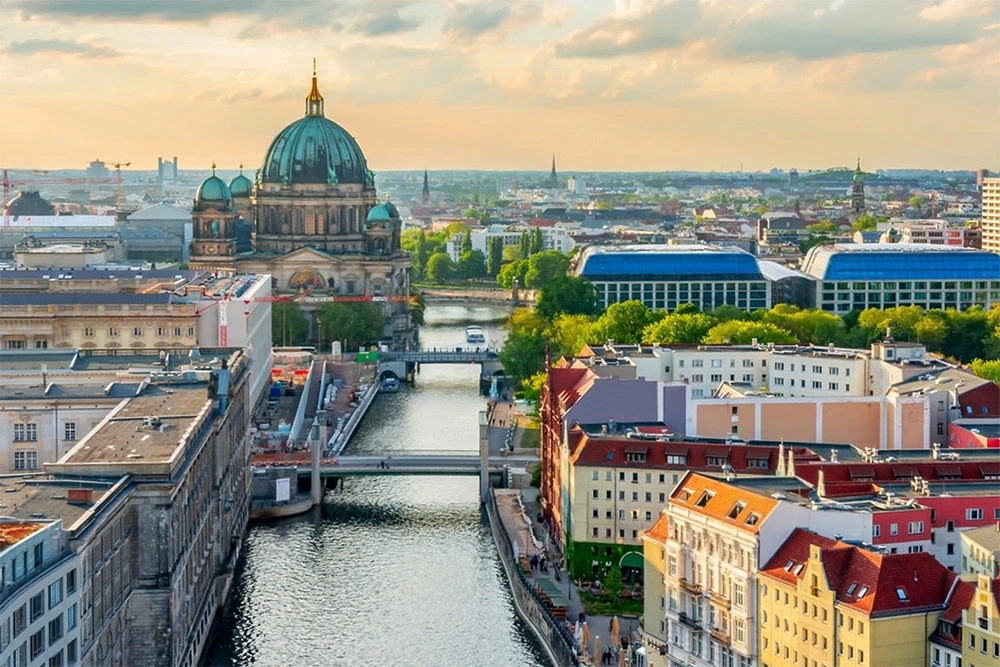
Brass bunnies for the Wall’s quiet survivors
Some mornings the light hits the pavement just right, and a small brass rabbit seems to wink from the curb. I love that the city’s bravest survivors had soft ears. There’s a hush in that thought, like the pause before a laugh, and it makes you rethink what freedom might look like not a grand moment, but a heartbeat in the grass while bikes whisper past and bakery air smells warm.
When the Wall cut a hard line through Berlin, its no man’s land was a locked door for people and an open meadow for rabbits. While humans were fenced by fear, the rabbits lived the freest lives around, darting through tall weeds no one dared to step into. Artists still honor them with little brass bunny emblems, tucked into sidewalks and cobblestones, a gentle nod to the smallest creatures who slipped under history’s weight and kept breathing.
I remember spotting one near a patch of stubborn green, glinting like a coin, and feeling oddly comforted. It’s tender, isn’t it, how a city can carry grief and still leave room for kindness how memory here is a burrow you lean down to hear, and what whispers back isn’t a slogan or a shout, but a rabbit with quiet, determined feet.
A tiny disco hiding in an old phone booth
I love how cities tuck joy into unlikely corners. At first glance it’s just a tired phone box, the kind you’d pass without a second look. Then someone slips inside and the world shifts: a beat trembles through the glass, strobe sparks like fireflies, a soft puff of smoke curls up, and for a minute that cramped square turns into a private dance floor. You even get to choose the song, which somehow makes the air feel yours.
I remember grinning because Berlin loves giving you permission to be exactly yourself: a postage stamp dance floor, your own track spinning, and the small mercy of being alone with the beat. From outside, it’s just a box; inside, it’s a secret heartbeat in a metal shell, lights flickering quick as laughter while a gentle haze softens the corners. It feels silly and strangely tender, a reminder that joy can be both public and private at once.
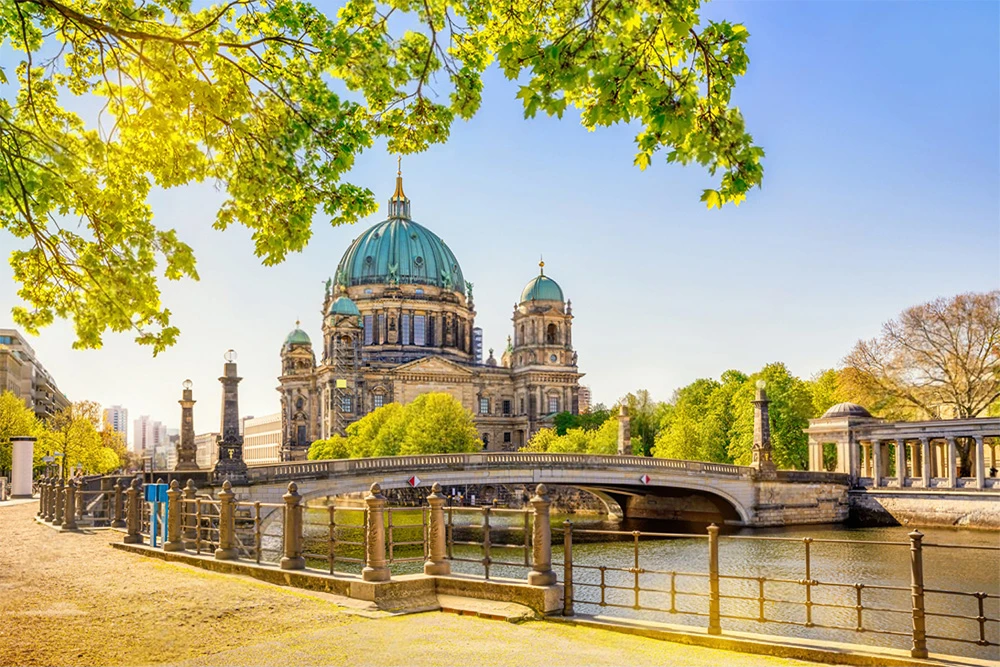
Berlin’s hidden half hums beneath our feet
It still startles me to realize that nearly half of this city lives beneath the pavement – a second heartbeat under the skin. From the grates comes a cool, mineral air, and the idea of long corridors, sealed rooms, and stairwells going nowhere seems to rise through the soles. In Berlin, you can sense the decades stacked below, quiet and persistent.
Down there are the forgotten logistics of survival: hidden tunnels, bomb shelters, Cold War bunkers waiting in the dark. I remember the hush more than the gloom, the clean smell of concrete and a faint chill that made time feel closer. It’s strange and beautiful that a city so full of music and color carries this underground memory, not to frighten, but to remind you how stubborn hope can be.
When Berlin, not Munich, wore Europe’s beer crown
Funny how our minds draw maps that aren’t quite true. Say “beer” and everyone pictures Munich’s oompah sway, but in the early 1900s it was Berlin fizzing nonstop more than 150 breweries humming at once. I imagine the air then: warm with malt and steam, the clink of glasses traveling down cobbled streets, tram bells smudging into the hiss of kettles. The whole place must have felt like a city breathing hops.
I love how that flips the story we’re used to. It feels so Berlin: restless, industrious, and a little irreverent, turning brewing into a heartbeat rather than a spectacle. While tradition had its temples elsewhere, the capital was a chorus courtyards of neighbors raising foamy steins, new styles bubbling up as quickly as ideas. There’s something beautiful in that bustle, the reminder that a city’s soul can be a quiet grind and a bright fizz at once, and that greatness sometimes lives in the everyday clatter of glasses.
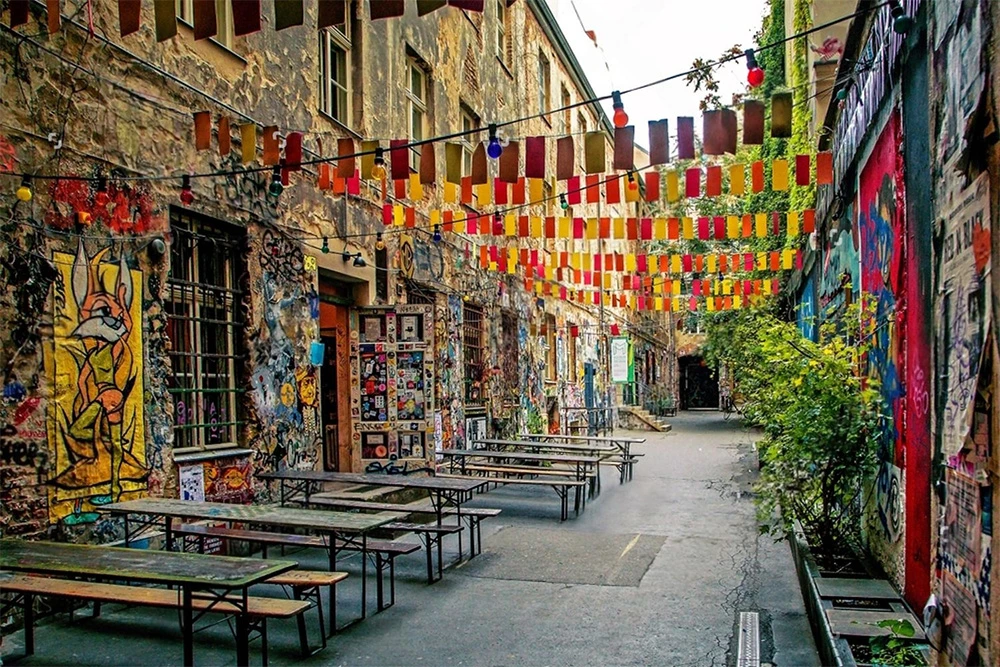
The city where nights forget how and when to end
There’s a quiet relief in realizing no one is herding you toward the door. I remember the bass moving like a soft, steady tide, the air warm with sweat and rain soaked jackets, and the first pale slice of morning sneaking through a high window. We laughed at the clock because it had nothing useful to say; the room felt unhurried, like it trusted us to decide when the story should wind down.
In Berlin, one of the rare places in Europe without official closing hours, the dance can drift through sunrise and sometimes slide into Monday like a long exhale. At first it’s shocking, then it feels gentle time worn loose, conversations finding their honest shape, strangers turning into the kind of friends you send a sleepy message to days later. The beauty isn’t just that the party lasts; it’s the quiet permission underneath it, the sense that you can choose your own ending, and choose it only when you’re ready.
https://en.wikipedia.org/wiki/Berlin
One of the oldest, reborn with 20,000 lives.
There’s a moment just inside the gates when the city noise thins and you catch the warm, grassy smell of straw, a low rumble of breath from somewhere massive. In Berlin, stubbornness turns into tenderness like that. This zoo was nearly erased by war, and yet here it is home to more than twenty thousand lives humming softly as if remembering every loss and answering with life.
I remember feeling a quiet respect, the kind that loosens your chest. The paths felt worn in a comforting way, like a patched heart still beating, steady and forgiving. It’s surprising and beautiful to think that one of the oldest zoos didn’t just survive; it chose abundance, becoming a living archive of second chances and reminding the whole city that rebuilding isn’t about forgetting, it’s about making room for more life.
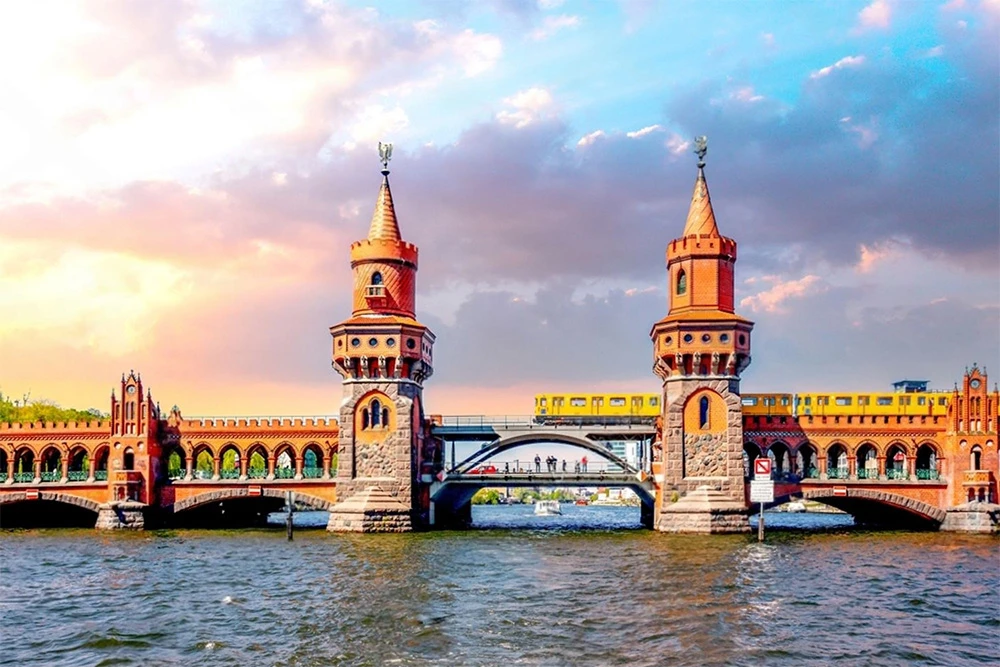
Where döner outnumbers even Istanbul's kebab stalls
It still makes me smile how the air here can smell like warm bread and cumin at almost any hour, as if the streets themselves are hungry. You wander a few blocks and there’s the soft hiss of a grill, cabbage crunching under a knife, a swipe of garlicky sauce that clings to the night like perfume. The surprise never fades: this city somehow serves up more döner than the place most people think of as its home.
Back in the 1970s, Turkish immigrants reshaped the snack to fit the rhythm of life here tucking salad into the bread, letting sauces soften the edges, making a meal you could carry through your day without losing the warmth. The rotating spit became a kind of street corner lullaby, steady and familiar, promising comfort to anyone who stopped to listen with their nose.
Maybe that’s why Berlin holds so many of these little kiosks now; not out of competition, but affection. I remember a chilly evening when the paper cone warmed my hands, and it felt like more than dinner like a quiet lesson in how cities adopt the best of the people who love them. Each bite is a small treaty between homes, and it tastes like belonging.
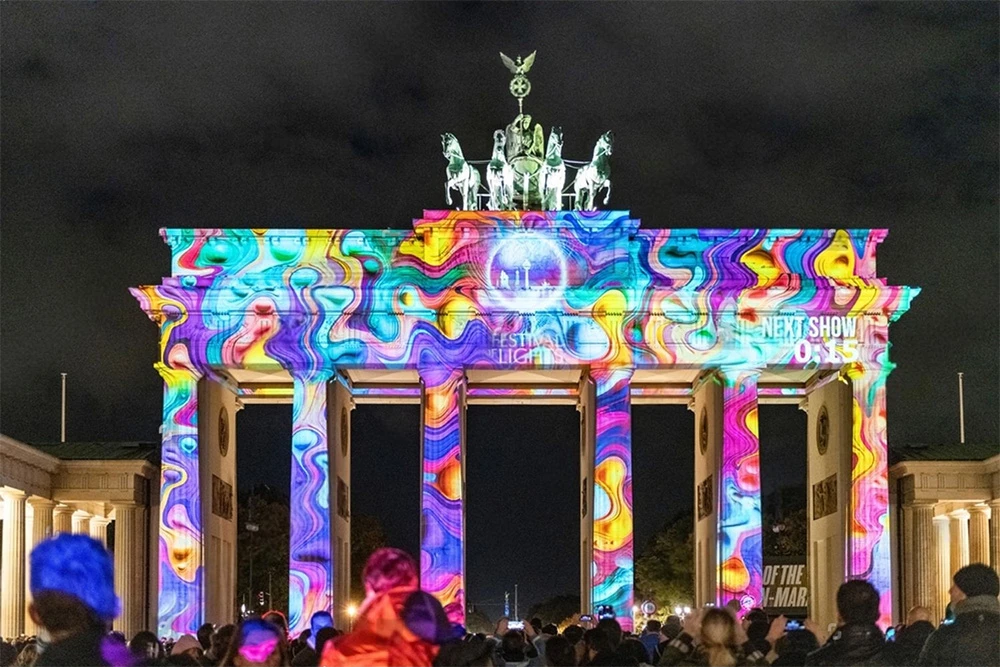
An Ice Age lake with one loyal snail.
It still makes me smile to think that, before coffee foam and club lines, this whole place was a vast Ice Age lake, quiet as a held breath, with only one known kind of snail tracing slow loops in the silt. I picture slate blue water under a pale sky, wind needling the surface, and that stubborn spiral life moving through cold mud as if it had all the time in the world.
Maybe that’s why Berlin feels so gentle with oddness and change – it grew from patience, from a single rhythm repeating until it became a world. Once, leaning on a canal railing, I caught myself listening for that ancient hush, and the city’s pulse felt a little tidal, like it hadn’t quite forgotten its first, solitary resident.
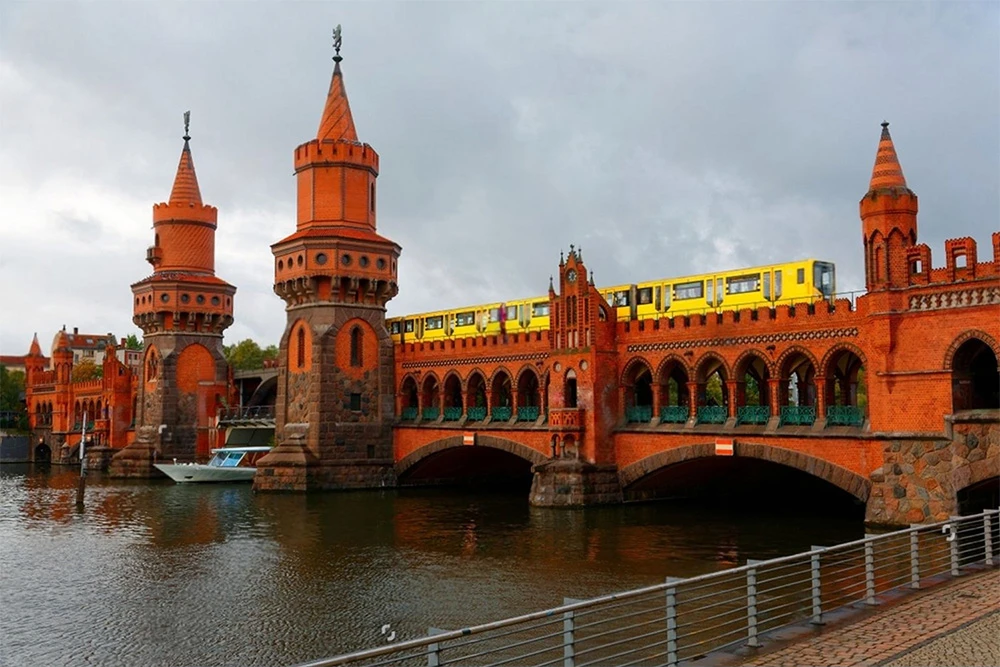
One city, many Forests and Lindens
I remember thinking my map was teasing me: Forest Street here, Forest Street there, again and again. In Berlin there are a dozen Forest Streets and ten Linden Streets, as if the place keeps returning to the same comforting words. On early summer evenings the linden scent turns the air honey sweet, and the tram hum makes the leaves seem to nod in agreement.
At first it felt confusing; then it started to feel gentle. Maybe the city isn’t copying itself so much as humming a refrain, using familiar names to settle the nerves in a place that never stops moving. Forest, Linden – easy words that feel good in the mouth, the kind you say when you need something steady.
The repetition becomes a kind of promise – trees, shade, community – a green thread running through a city that’s always changing. I smiled at the wrong Forest Street once and didn’t even mind, realizing the name was less about an address and more about a feeling the city likes to share.
When cola tasted like courage and caramel, not brands
Funny how a sip can time travel. I remember the bubbles tickling my nose, that brown glass clink and the shy caramel sweetness of Club Cola, a little less glossy than the global stuff, with a faint spice that hangs around like an old song you didn’t know you missed. The label looks gently retro, the kind of design that never learned to shout, and somehow that quiet makes the drink taste warmer a small rebellion in a glass.
In East Berlin, when Coca Cola was off-limits under socialism, they brewed their own answer and kept pouring it anyway. It still sells today, not as a gimmick but as a living echo of making do without giving up on joy. I love how a city can fold its history into everyday things like this how a simple sip can carry both the weight of borders and the lightness of a shared treat, reminding you that sweetness finds its way, even when doors are closed.
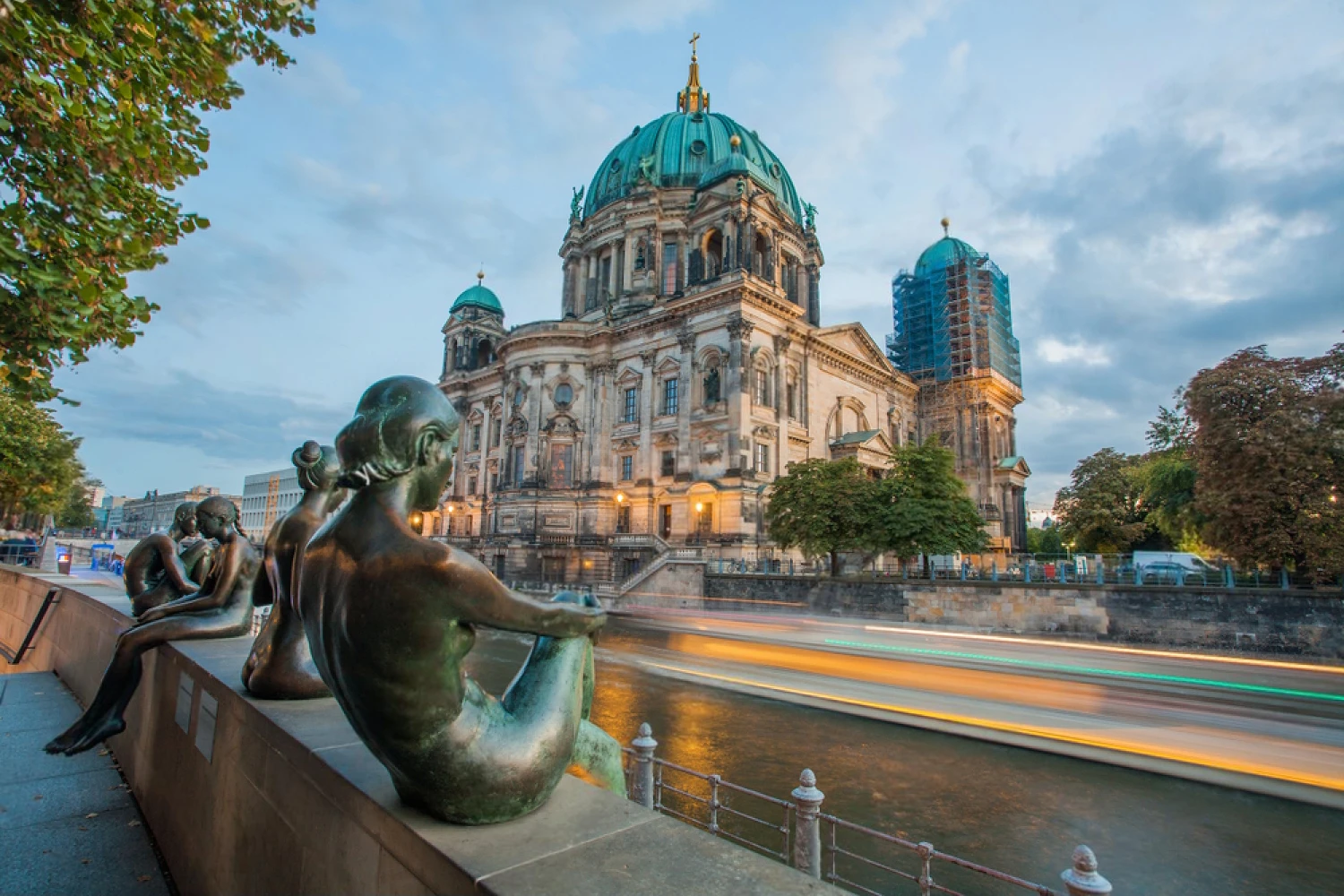
A wartime bunker quietly cradles contemporary art inside
I love places that contradict themselves. The Boros Bunker feels like that kind of surprise: the air cool and mineral, a faint scent of dust, light sliding across raw concrete as if it’s learning how to be gentle. I remember thinking the building was like a clenched fist learning to hold a flower, the hush inside somehow protective rather than stern.
Only in Berlin could a fortress meant for sirens and fear become a shelter for curiosity. You notice color warming the steel grey, the soft hum of a projector threading through the echo, and suddenly the past and present are braided into something tender. It’s not about forgetting what happened here; it’s the feeling that memory can have room to breathe.
Walking out, I kept thinking how hopeful it is when a hard place keeps its edges but offers space for wonder. We don’t erase our histories; we light them from within, and let them change the way we see.
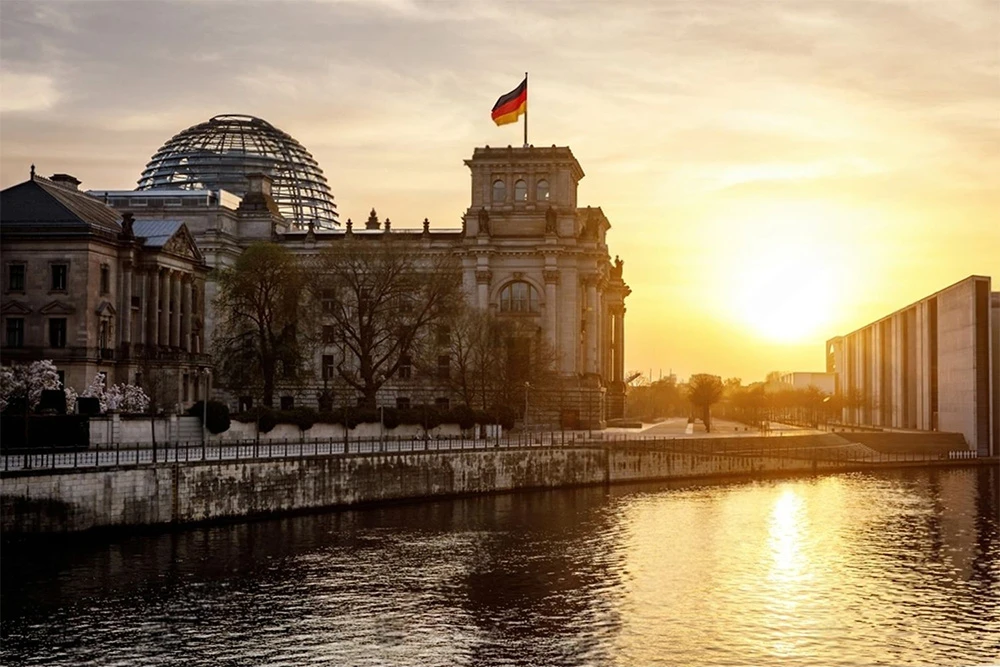
A president, a pastry, and a city united
I still smile at the thought of a world leader accidentally calling himself a jelly donut. The line made people grin, sure, like powdered sugar dusting an unexpected joke. But right behind the laughter was that collective softening the feeling that someone far away had leaned in and tried, not perfectly, but earnestly.
I once heard the old recording in a cafe, the words crackling through a tiny speaker while the smell of jam filled buns drifted from the counter. You could almost hear the crowd exhale when he said it. Even with the playful pastry mix up, the message came through: we’re with you. The phrase landed warm and simple, like a loaf pulled from the oven, and for a moment, the day felt less cold.
That’s the magic I always feel in Berlin the way humor and heart stand shoulder to shoulder. The joke didn’t swallow the meaning; it made it human. In the end, those few words stitched a small, bright thread across a torn city, reminding me that sometimes the imperfect sentence is the truest one.
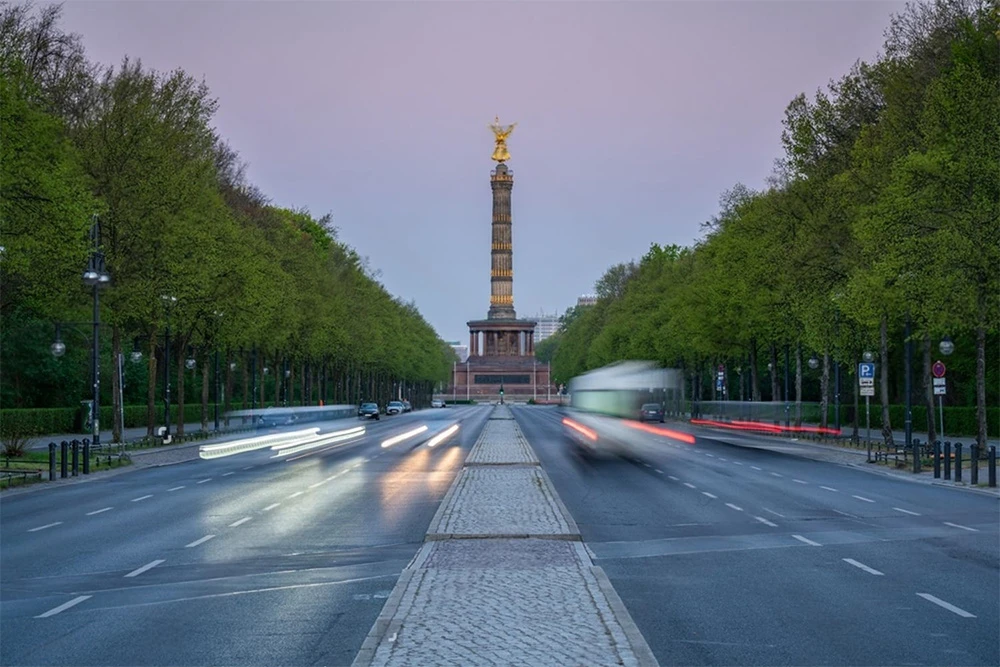
Nine Earths in a Day, on Wheels
Some mornings the tram sighs, the heaters fog the windows, and the rails hum beneath my feet. Only later did I learn that in Berlin, trams, trains, and buses together travel far enough in a single day to circle the Earth about nine times. I remember feeling very small and strangely cared for, tucked into a warm seat as the first light slid along the stops.
Nine laps around the planet sounds grand, but it’s really just ordinary lives adding up: a kid with a backpack, a nurse starting early, someone clutching a paper cup of hot coffee. The network moves with a steady heartbeat, and it keeps strangers close. It feels like a thread stitching neighborhoods tighter, hour by hour. Even the air carries little hints of travel – wet wool, metal, a gust of rain trapped in the doors.
Once, riding home after midnight, the carriage glowed softly and the map above the seats showed its smudged fingerprints. I thought about those nine Earths of distance traced from our quiet car, made of simple goodbyes and hellos. Somehow that scale makes everyday kindness feel enormous.
Brass bunnies trace a vanished border's quiet leaps
I almost missed them little flashes in the grass, as if the sun had dropped a trail of crumbs. Then I saw the shapes: tiny brass bunnies, ears pricked, quietly lining the edge of Mauerpark. I laughed at the whimsy, and then went quiet, realizing they stand where real rabbits once slipped through the strip no person could cross.
What a tender way to remember a hard line: not with iron, but with small creatures that never learned our fences. The city sings and picnics here now; the wind smells of grass and grill smoke, and from somewhere a cheer rolls across the slope. The bunnies keep their quiet vigil, reminding me how history sometimes survives as a glimmer underfoot, and how even a scar can turn into a place where the day sits down and breathes.
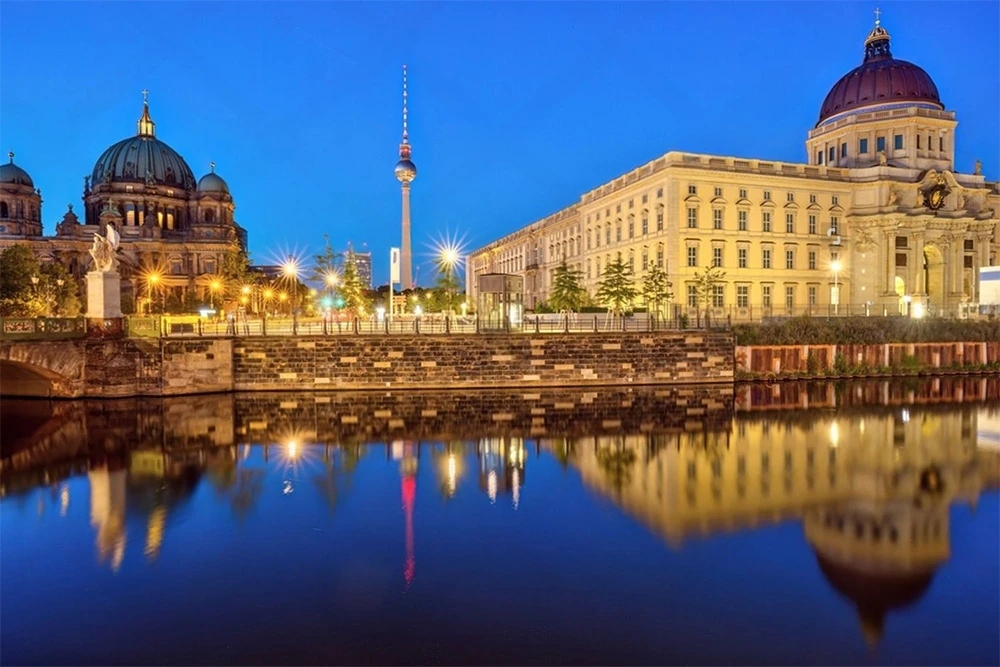
Always under construction, always becoming city of restless blue cranes
You wake to the low thrum of drills mixing with birdsong, and somehow it feels normal. I remember mornings when coffee steam tangled with concrete dust, posters flapped against plywood fences, and canvas tarps snapped like sails in a restless breeze. In Berlin, people say the city is always under construction and it’s the only tagline that actually tells the truth.
What surprised me was how comforting it felt. Instead of chaos, it reads as honesty, a metronome keeping time for a place still writing its next verse. Buildings peel and patch, cranes swing and pause, and nothing pretends to be finished. I love that the stitches show.
It’s like wearing a jacket that’s being hemmed as you walk awkward in moments, but alive with possibility. The whole place gives you permission to be in progress too, to change your mind, to evolve out loud. No marketing campaign can sell that better than the chorus of hammer taps, laughter drifting from a pop up bar, and the quiet promise that tomorrow will look a little different.
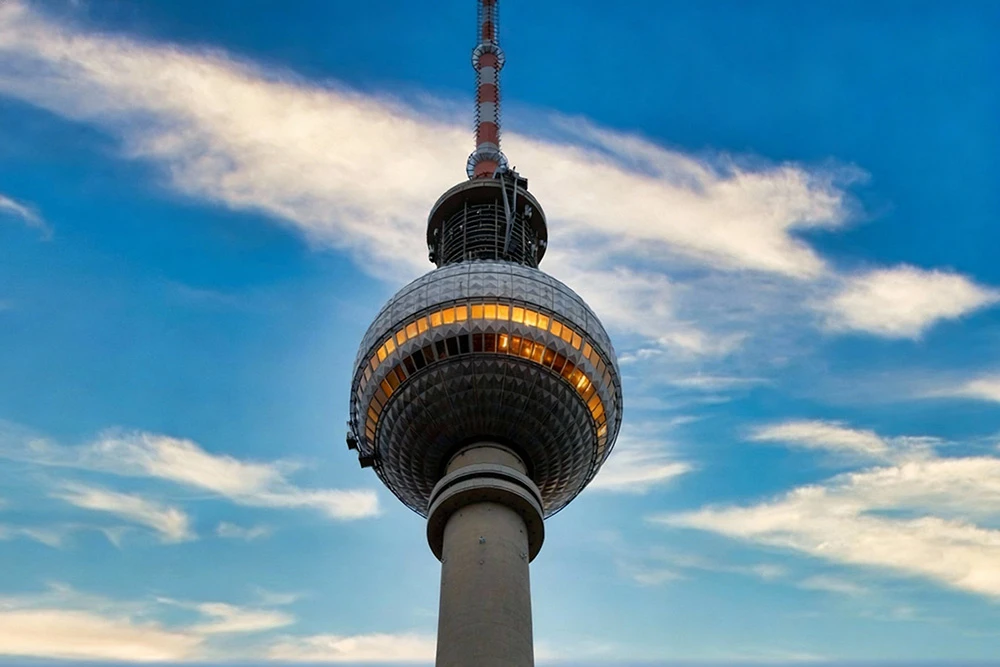
A vineyard stroll that truly means 'without worries'
I remember exhaling for the first time in days, the air carrying that cool green scent you only get from rows of vines. Sun warmed the pale terraces and the stone steps underfoot, and even the birds seemed to keep their voices soft, as if the place had asked for quiet.
They call it Sanssouci – “without worries” – and for once the translation isn’t just pretty words. Between the sloping grapes and the clipped hedges, I felt my shoulders loosen, like dropping a backpack I didn’t realize I’d been carrying. The breeze tasted faintly of fruit and dust, and time stretched just enough to let a long breath fit inside it.
What I loved most was how the name becomes a feeling, not a sign. That hilltop doesn’t demand attention; it feels like a pause button planted on a slope. It’s the kind of beauty that doesn’t show off, the kind that reminds you that ease can be designed on purpose – and shared.
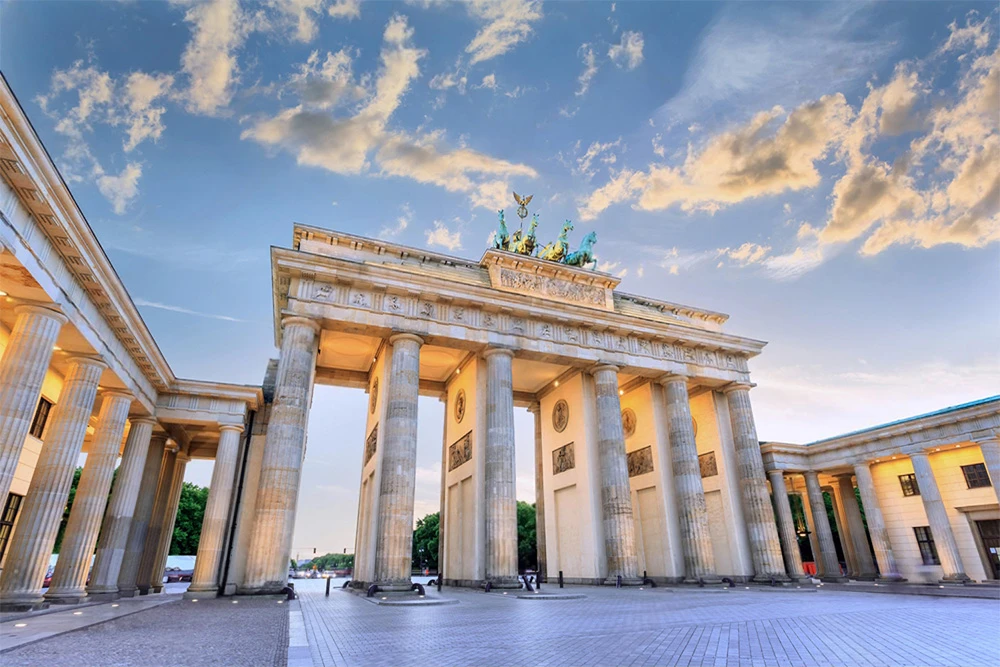
When trains whispered past guarded platforms in the dark
I still get a shiver thinking about the U Bahn’s ghost stations. Imagine sitting in a bright carriage and watching the tunnel open briefly onto a dim platform empty benches, a faded sign, the glint of a uniform and then you’re already gone. During the Cold War, Western trains really did glide past those sealed Eastern platforms, guards standing watch while people were expected not to notice.
Friends say the air down there smelled of metal and old rain, and the light had the color of weak tea. You’d catch the blur of a station name, a locked gate, a face that didn’t look back, and the car would fall quiet, as if time itself held its breath. I remember thinking how eerie it is when movement refuses to mean arrival.
That’s what I love about Berlin it carries its ruptures with a kind of tenderness. Those platforms once felt like closed eyelids, guarding dreams no one could enter; now many are awake again, busy and ordinary, and the past lingers in the corners. It’s surprising and beautiful to realize that the quiet, too, belongs here.
Underfoot, the restless city murmurs in brass
I kept catching little flashes at my feet, the way winter light catches on a ring. Those scuffed brass squares felt like small constellations set into the sidewalk, each one naming someone who refused to go quietly or tried to carve a gap in the wall of their times. I remember pausing and feeling that old ache how rebellion is rarely loud in the moment; sometimes it’s a note slipped under a door, a midnight step, an escape attempt mapped in whispers and alleyways.
In Berlin, these plaques don’t let you forget that reinvention isn’t a costume change; it’s a skin the city grows over wounds it refuses to hide. I loved how the daily shuffle of shoes keeps them polished, like a quiet ritual of respect, a promise to carry the names forward. The stories are stubborn: students, neighbors, strangers who plotted routes toward bridges and borders, some making it, many not. And yet, walking along, you feel a gentle courage like the pavement is saying that a city can keep becoming itself, again and again, without losing the memory of how it learned to begin.
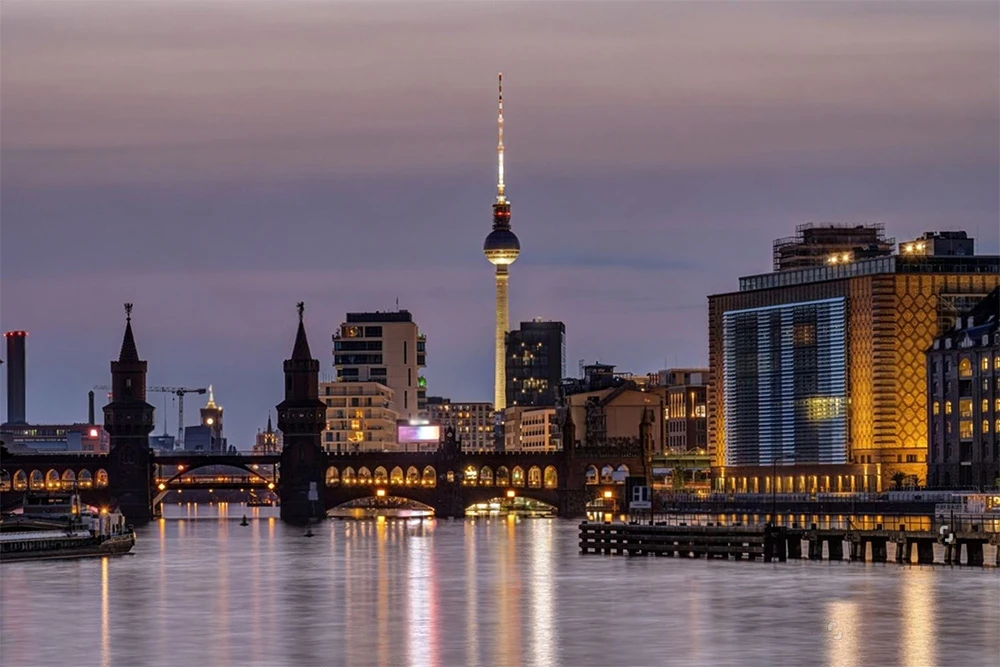
Monday sun meets silver blanketed dancers at Berghain.
I used to think Monday belonged to coffee and inboxes, but there, the morning opens on a different note. Outside Berghain, the bass thins to a friendly thrum while people wrapped in crinkling silver greet a shy sunrise. Breath fogs in little puffs, the pavement smells like rain and smoke, and everyone looks a bit like astronauts returning from a private moon.
It feels less like a party and more like stamina with a heartbeat: hours stretched, pace found, ego dissolved. I remember the cool air stitching sweat back to skin, the soft chorus of zippers and laughter, someone sharing water with a stranger they’ll never see again. No big finale, no confetti just the gentle relief of having stayed with it long enough to watch the dark give up.
Maybe that’s the secret here: the city’s heartbeat keeps time differently. A tram bell rings, a bakery yawns warm air into the street, and faces tilt toward the light with the quiet pride of finishers. It made me love Berlin a little more, for how it turns the fading edge of night into common ground, and lets sunrise feel like something we earned together.
Abandoned bomb shelters now pour candlelit beer underground
I didn’t expect warmth to feel like this: cool stone on my skin, soft waxy light, the hush of voices stitched together by the clink of glasses. The beer tastes round and a little toasty, and the candle shadows wobble on the ceiling like they’re sharing our secret. You listen more closely down here, as if the room is confiding something.
These were once places built for fear, and now they’re microbreweries tiny sanctuaries where people lean in and laugh, even in Prague of all places. The air holds that faint yeasty sweetness, and you can sense the old walls calming at the sound of easy conversation. It feels like a small rebellion against the dark, a quiet promise that everyday joy can survive almost anything.
I remember brushing elbows with strangers and feeling an uncomplicated kinship, as if we were borrowing courage from the amber and the glow. Maybe that’s what I love most about it: the way the city seems to exhale after years of holding its breath, and invites you to do the same. You climb back up to the night carrying a steadier heartbeat, a little more light tucked into your pocket.
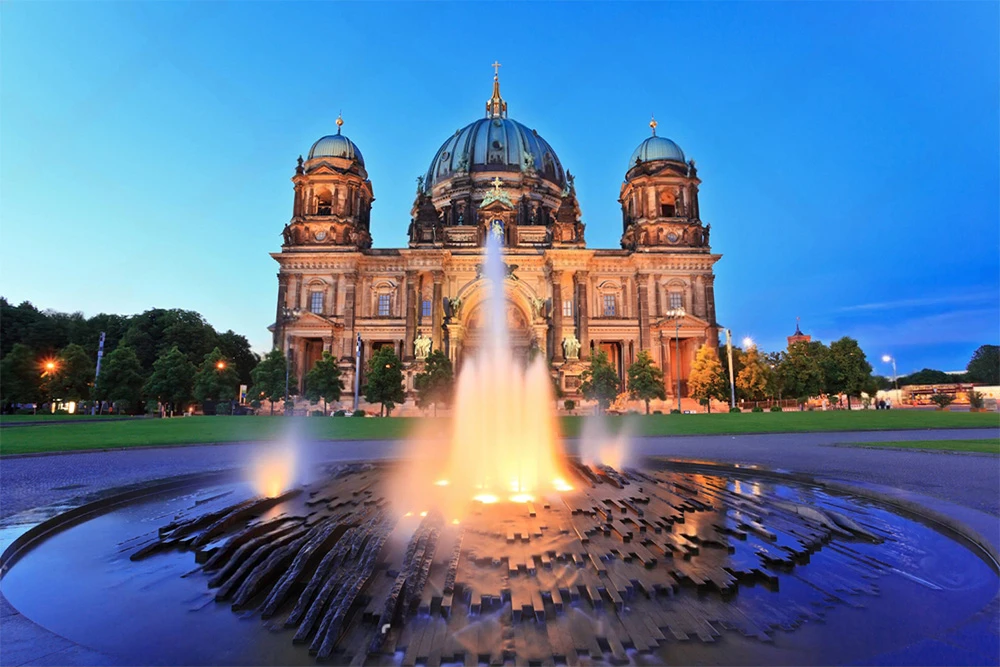
Where listening towers learned to dance at dusk
I still remember the hush up there that isn’t really hush at all. On Teufelsberg, the white radar domes that once leaned into Soviet whispers now carry a different echo: a low, warm thrum from a DJ somewhere inside, the crisp hiss of a spray can, and wind slipping through torn panels. The air smells of old dust and fresh paint.
What gets me is the kindness of that transformation. A place built to listen with suspicion now invites strangers to share a sunset, to watch the concrete warm and the city pull closer while music bounces around the domes and conversation drifts into the open sky. In that amber light, it feels like the city finally exhales answers to the past painted in bold color, a beat rolling out over the trees and settling gently into evening.
Two minutes, three friends, the tiniest nightclub.
I swear I’ve never felt music that close. In the Teledisko, a phone booth sized club you can rent for a few euros, the world shrinks to three friends, flashing lights, and a bass line that taps your ribs like a heartbeat in a tin can. A puff of fog, mirror walls tossing your goofy grin back at you, and those two minutes suddenly feel generous, as if time decided to hold the door.
What gets me is how something so tiny feels huge, the way joy doesn’t need a big room, just permission. It’s very Berlin: playful, a little scruffy, wildly democratic drop a few coins, pick a song, let your laughter set the tempo. I remember stepping back into the night with cheeks warm and ears humming, surprised by how a two minute party could color the whole evening.
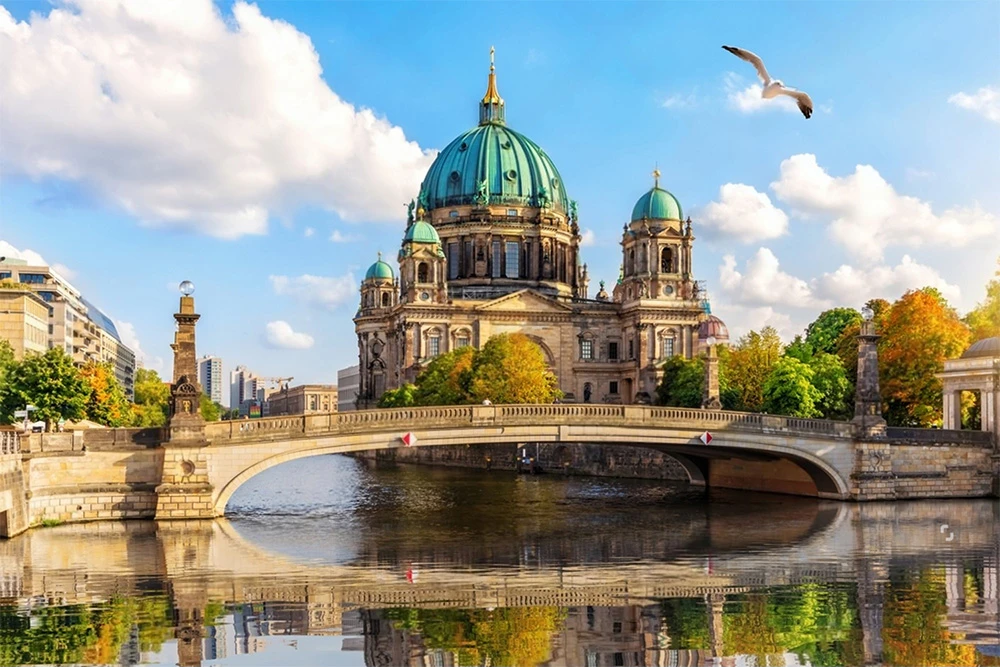
Where high rises hide lakes and quiet forests
It still makes me laugh how quickly a city can shift moods: one minute the rattle of trams, the next the hush of needles overhead. In Berlin, it feels like the place has lungs tucked between concrete ribs forests breathing beside ring roads, lakes glinting behind office towers and perfectly fine to swim in. I remember the smell of sun warmed pine and sunscreen drifting together on a breezy afternoon, reeds ticking gently while the skyline kept its edges.
The wild thing is how normal it is: nearly half the map is green, as if the city made a promise to keep room for exhale. Once, on a weekday, I ate a peach by the water and felt the grit of the street rinse off my mood; it was like finding a second heartbeat you only hear when you slow down. That’s the kind of softness that sneaks up on you here no fanfare, just shade and clear water within reach, reminding you that big places can be gentle, and that you can be, too.
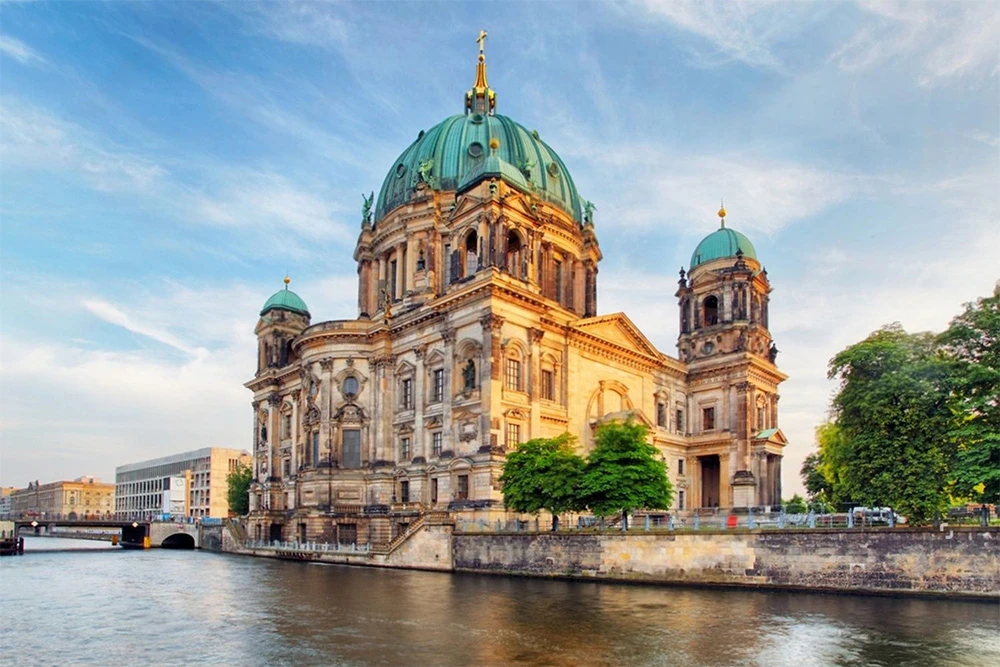
Hidden relics returned to the light
It felt like walking into a whisper, rooms washed in low amber light. I remember the hush on Museum Island in Berlin, the way footsteps seemed to soften themselves. These pieces were hidden during the bombings, tucked away by careful hands; now the gold feels warm again, the stone cool as shade, and the air smells faintly of dust and river.
What moved me was the quiet kind of triumph. Nothing shouts; everything is calm. I kept thinking how survival can teach tenderness, how a city can remember without becoming unkind. Under those soft lamps, history glows like an ember kept through winter – steady, small, and enough to light a room of strangers who fall silent without being told.
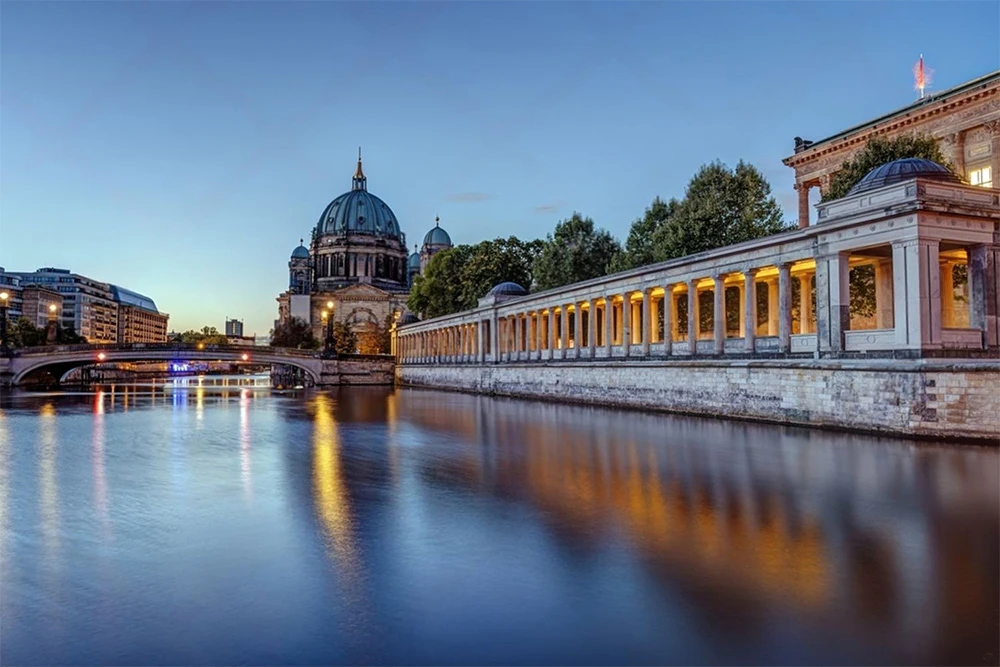
Buddy Bears, small guardians of streetlight optimism
I can’t help smiling when a painted bear meets my eye, glossy colors catching the sun like confetti scattered along the curb. Some wear polka dots, others carry tender brushstrokes of skies and flowers, and a few have chipped paws that make them feel even more human. They stand with that open armed posture, quiet as small lighthouses for the heart, and the day seems to tilt a little brighter.
In Berlin, these Buddy Bears feel like the city’s gentle conscience each one different, all stubbornly cheerful in a place that holds so much history. I remember a bear wrapped in flags like a quilt of strangers who aren’t strangers at all, and another smudged with comic book stars that made a child laugh and an old man soften. That’s the surprise: joy made public, optimism you can bump into on an ordinary corner, the kind that reminds you that difference can stand side by side and still look like belonging.
The square that refused every new name
It still makes me smile how a name can plant its feet and simply stay. On cold evenings the tram bell flicks through the air, posters peel in soft curls from the theater walls, and that red U glows like a steady heartbeat. Rosa Luxemburg Platz in Berlin has resisted every attempt to be called something else, and the pavement seems to hum with that quiet resolve.
I remember leaning by the U Bahn entrance, the coffee from a nearby kiosk warming my hands, thinking how this city loves a good argument with forgetting. Keeping the name feels like a small act of kindness to the past, a button sewn tight on a well worn coat. In a place that rebuilds itself again and again, that refusal isn’t rage it’s tenderness, a reminder that memory has a home even in the loudest streets.
A city that never ends, always becoming itself
Some mornings there begin with the soft rattle of a passing train and the smell of rain lifting from stone. Murals seem to deepen overnight, scaffolding rises and vanishes within weeks, and a bakery appears where yesterday was just a shuttered door. In Berlin, even the sidewalks feel like drafts – penciled in, then revised.
People there joke it will never be finished, and maybe that’s the point: it keeps choosing movement over polish, a song still being written. I remember feeling oddly comforted by that, like the city was granting permission to change your mind and start again – over late night fries dusted with curry spice, or on a quiet bridge with the river moving below. Some places ask you to arrive; this one invites you to keep becoming.
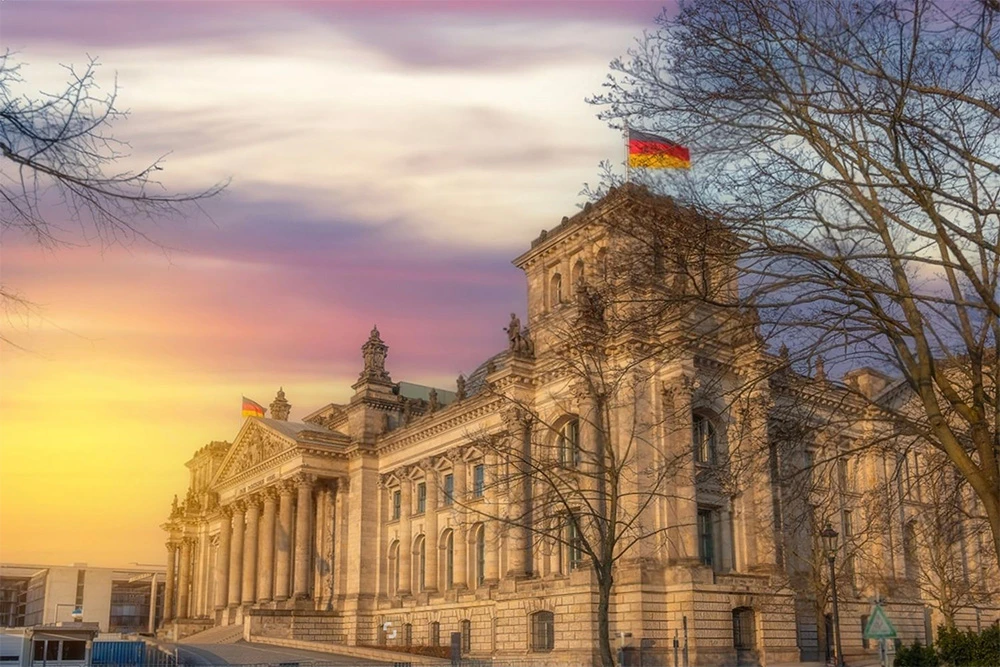
Final thought
It’s the scuffed doorbells, the shared glances on late trams, and the laughter drifting from courtyards that reveal Berlin more clearly. These hidden stories and small details settle into a gentle mosaic that feels true. In the pause for human moments a waiter’s grin, a neighbor’s nod we meet this place as it is. May we keep looking closely, and keep moving forward inspired.
